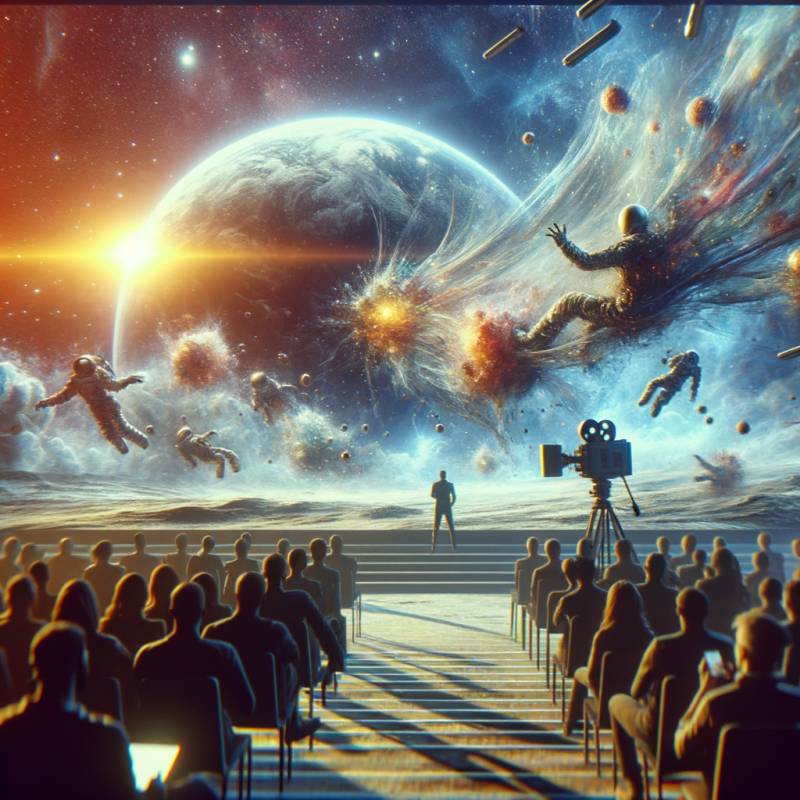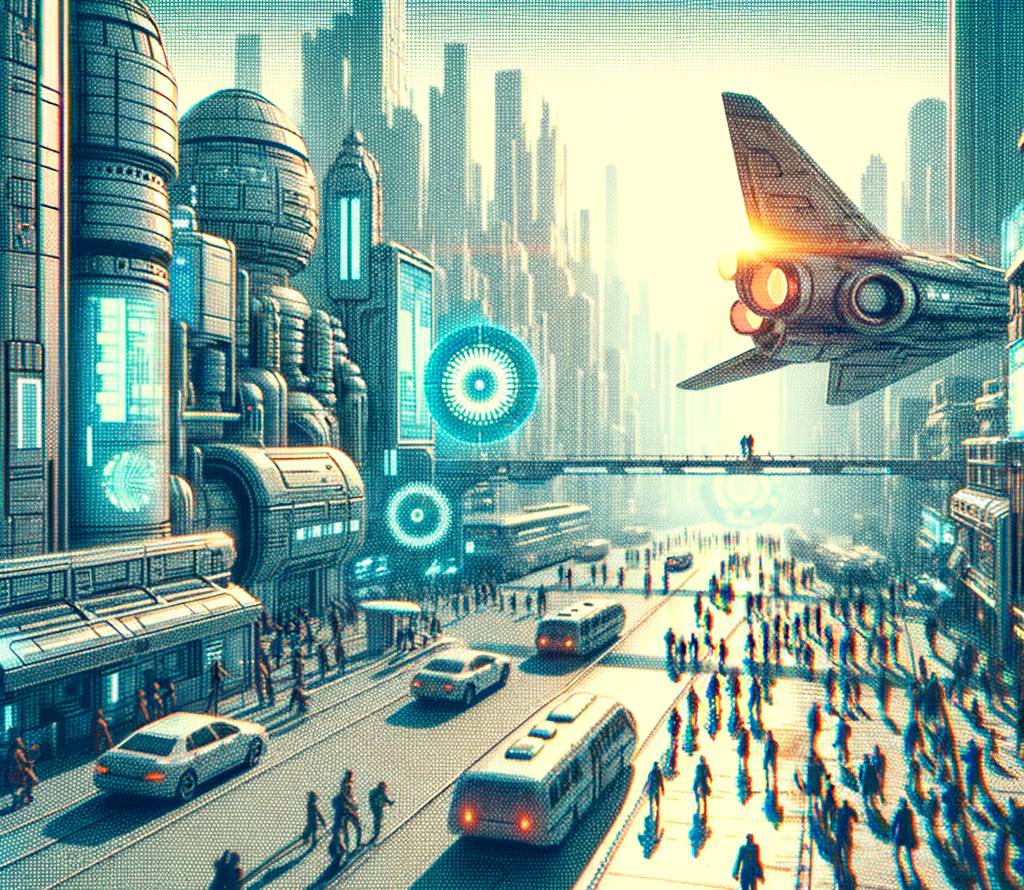Sci-Fi and the Exploration of Space: The Influence on Public Perception and Interest in Real Space Missions

Science fiction has long been a genre that captivates audiences with its imaginative and often prophetic depictions of the future. From the early works of Jules Verne and H.G. Wells to the modern cinematic universes of Star Wars and Star Trek, sci-fi has consistently pushed the boundaries of our imagination and, in many ways, shaped our perception of space exploration. This article delves into the intriguing relationship between sci-fi films and public interest in real space missions.
The Power of Sci-Fi in Shaping Perceptions
Sci-fi films have a profound influence on how we perceive space exploration. They often depict a future where humanity has conquered the final frontier, colonizing distant planets and interacting with alien civilizations. These portrayals can significantly impact public perception and interest in real space missions.
For instance, the 1968 film 2001: A Space Odyssey not only captivated audiences with its stunning visuals but also sparked interest in space exploration. The film’s depiction of a future where space travel is commonplace resonated with the public, coinciding with NASA’s Apollo missions. As Neil Armstrong famously said, “Science fiction has brought the public to space even before the first rocket could do it.”1
Sci-Fi’s Role in Inspiring Real Space Missions
Sci-fi films have not only influenced public perception but also inspired real space missions. Many astronauts and scientists have cited science fiction as a significant source of inspiration. For example, Elon Musk, the founder of SpaceX, has often spoken about his love for sci-fi, particularly the book The Hitchhiker’s Guide to the Galaxy, which he says inspired his vision for space exploration.2
Moreover, the technologies depicted in sci-fi films often serve as a blueprint for real-life innovations. The communicators in Star Trek, for instance, bear a striking resemblance to modern cell phones. Similarly, the concept of artificial intelligence, as depicted in films like Ex Machina and Her, is now a significant area of research in the tech industry.
Sci-Fi’s Impact on Public Interest in Space Missions
Sci-fi films also play a crucial role in generating public interest in space missions. The success of films like Interstellar and The Martian has coincided with a renewed interest in space exploration. These films not only entertain but also educate the public about the challenges and possibilities of space travel.
According to a study by the National Space Society, there is a strong correlation between the popularity of sci-fi films and public support for space missions. The study found that after the release of popular sci-fi films, there was a significant increase in public interest in space exploration and a corresponding rise in funding for space missions.3
Conclusion
In conclusion, sci-fi films have a profound influence on public perception and interest in space exploration. They shape our visions of the future, inspire real space missions, and generate public support for space exploration. As we stand on the brink of a new era of space exploration, with private companies like SpaceX and Blue Origin leading the charge, the role of sci-fi in shaping our spacefaring future is more relevant than ever.
As Arthur C. Clarke, a renowned science fiction author and futurist, once said, “Science fiction is more than mere imagination. It is a blueprint for the future.”4
Footnotes:
- Neil Armstrong, interview with BBC, 1970.
- Elon Musk, interview with The Guardian, 2013.
- National Space Society, “The Influence of Science Fiction on Public Support for Space Exploration,” 2015.
- Arthur C. Clarke, “Profiles of the Future,” 1962.



